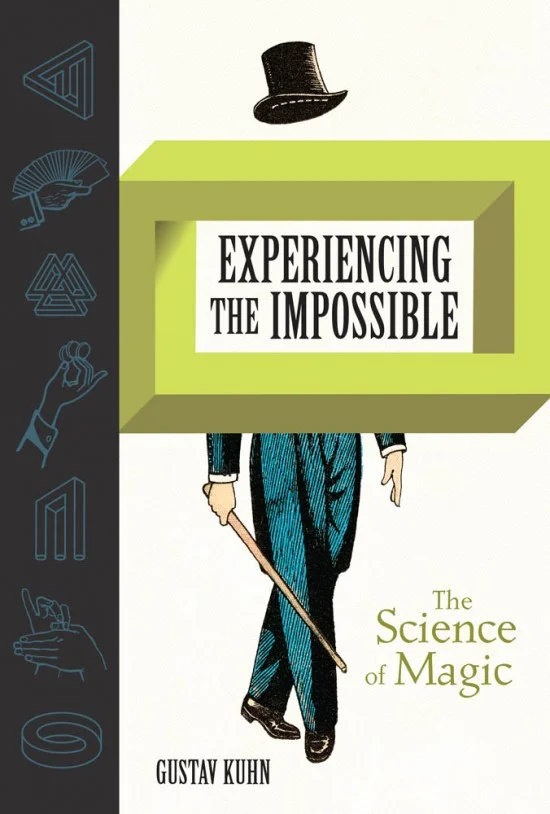We experience this kind of ethical confusion in other areas: sports. We understand that it’s important that baseball has rules even though we’re never able to convincingly explain why this particular set of rules is better than any other. We understand the goal of boxing is to knock your opponent out, yet understand that bringing a baseball bat into the ring is not allowed. We simultaneously understand that both the goal and the constraints are part of the game.
While a magic show might be in a theatre, it is less a theatrical pursuit than an intellectual endeavour. The magician wants to convince that the impossible is happening. While CGI and camera tricks are tools that filmmakers use to tell a fictional story, magic is more about the impossibility for its own sake. So camera cuts and CGI move us away from the impossible and towards something we understand. So even though magic is all cheating, some forms of cheating clearly weaken the result.
Lots of prop-based magic tricks have an obvious flaw. When a (reasonably alert) person sees it they immediately think to themselves “If only I could handle that box, I would not be fooled.” Without understanding how the prop works, they are able to localize the mystery — it’s somewhere in that prop. And a contained mystery does hint at a grander magical world; does not inspire a sense of wonder.
Great magic gets past that by moving the audience from a place of “I don’t know how that was done” to “I’m positive that can’t be done.” (That wonderful pithy phrasing comes from Chicago magician Simon Aronson.) So maybe instead of a box, which could conceal a trapdoor, the magician borrows your coffee mug. Now instead of having a box to contain the mystery, the magician could have used anything and the mystery deepens.
Magic on a screen offers up a similar problem. “If only I could have been there and been standing a little bit to the left…” or “If only I could have seen the director call cut and watched them sneak that tiger into that box.”
Since magic was first brought onto network television decades ago, we have only had one solution that kind of sort of worked: Filming tricks head on in a single take, often in front of a live studio audience with no do-overs. Now the norms of filmmaking have changed, the screens have gotten smaller and an audience simply will not tolerate an unedited recording. We need the camera cuts to guide our attention and help us assimilate the narrative.
So a new breed of magic is coming where you will watch it and say, “Even a camera trick couldn’t make that work.” But tricks like that are few and far between… for now.
So the issue that the authors of the article are dancing around but can’t seem to figure out is that magic is a (for lack of a less gender specific term) gentlemanly pursuit. The magician is a liar but an honest liar. We are deceiving, but always playing by “the rules” even though










